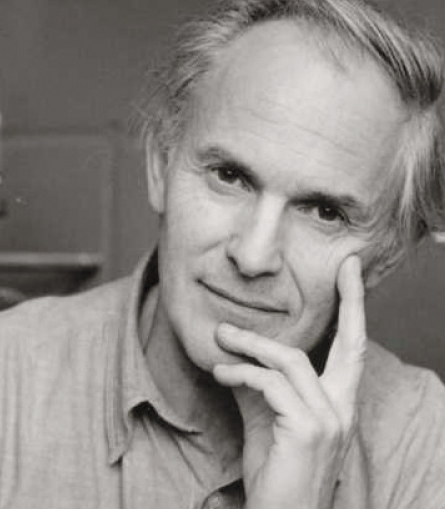Treat science right and it could help save the world
By Harold Kroto
- More than 2 years ago
Harold Kroto, who shared the 1996 Nobel Prize in Chemistry for the discovery of buckminsterfullerene (the molecules commonly known as buckyballs), is a chemist at Florida State University in Tallahassee. His research interests extend from the microworld of nanoparticles to the chemistry of interstellar space. He also campaigns for a new vision of science education, emphasizing the responsibilities that scientists have for cooperating internationally to support efforts aimed at securing a sustainable future for the planet. He spoke on such matters recently at the Euroscience Open Forum 2010 conference in Turin, Italy. Science News editor in chief Tom Siegfried reports excerpts from Kroto’s talk.

My definition of science — and it’s an arid term, and almost no one really understands it as far as I’m concerned: The most important aspect of science is that it’s a philosophical construct, which man (and woman) has developed to determine what is true, might be true and can be true.
Once one [accepts] that, one puts science on a very interesting philosophical level, because truth must be universal and must not vary from country to country or planet to planet. Truth assumes that the experiment will always work the same way. That suggests that, basically, it won’t work differently if you pray to the experiment….
Truth is an intellectual integrity issue. I want to stress that…. So for science education, this is an ethical issue. We should be teaching our children how to determine what is true. It depends on evidence. Without evidence, anything goes. And we must teach young people how to recognize the truth. And that’s why there is a conflict between science and dogma, both political and religious. Texas is desecrating science textbooks, and thus the truth….
We have to weigh the evidence in the balance, and science therefore equals truth. John F. Kennedy said, “The great enemy of the truth is very often not the lie — deliberate, contrived and dishonest, but the myth — persistent, persuasive and unrealistic. Belief in myths allows the comfort of opinion without the discomfort of thought.”…
I have a four-out-of-five rule for scientific method. Here it is: If you make an observation, develop a theory you think can explain it. Then design some further experiments to test the validity of that theory. If four observations out of five fit, the theory is almost, and I stress almost, certainly right. If only one out of five fits, the theory is almost, almost certainly wrong. We can never say it was wrong. But we can say it’s almost certainly wrong. We must leave the way open for that element of doubt….
This is a moral issue. Let’s get it straight. Science is about evidence and truth. And that’s why we have to think about these things….
The issue we face today is sustainability. Saving the planet — it’s a global citizenship project. We cannot do it by ourselves.… I don’t know whether we can do it, but we need everybody in the world to recognize [that] this is our biggest problem. We’ve got to recognize science as the one community that is international. It doesn’t matter what color you are, what nationality, language you speak. Scientific language is fundamental…. And that makes us different from every other culture. We’re international, we’re global….
I want to make sure that you understand what science and what the responsibility of the scientist is. If you’re a scientist, you have a responsibility. We have created this world, this technology. We’ve done the science. And I think, and I personally believe, we should take some responsibility to ensure it is used for the benefit of mankind, and not to its detriment. If you’re a physicist, we don’t need any more atomic bombs. If you’re a chemist, we don’t need any improvements in napalm, and if you’re an engineer, we don’t need any more land mines. There are people who really feel strongly. Leon Lederman, [who was] head of [Fermilab] and got the Nobel Prize in physics, said, “So many years have passed and the human race is still saddled with enough nuclear weapons to destroy the planet. We must redouble our efforts to unify the science community against this huge stupidity.”…
Scientists have enemies now out there who are trying to destroy science…. It’s not just against evolution. It’s about truth. It’s much more fundamental…. It’s about science, it’s about your culture, it’s about how children and adults should determine what is true. And therefore you have an enemy, the enemies who want to undermine the ability of young people and adults to find out what is actually true, on the basis of evidence. Don’t underestimate that one….
Destroy the planet? It doesn’t look good. I look at the evidence. Four out of five [indicators] suggest … that we’ve got a problem. Not only that, our children have a problem, and our grandchildren almost certainly seem to have a problem. I’m not sure. But I said almost certainly.